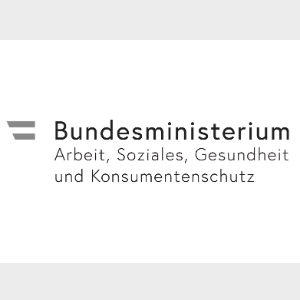Promoting health, preventing disease: is there an economic case?
Download
Key messages
- There is an evidence base from controlled trials and well-designed observational studies on the effectiveness of a wide range of health promotion and disease prevention interventions that address risk factors to health. These include measures to reduce the risk of smoking and alcohol consumption, increase physical activity and promote more healthy diets, protect psychological and emotional well-being, reduce environmental harms and make road environments safer.
- Many of these actions may be both funded and delivered outside of the health sector.
- There is also an evidence base suggesting that a number of cost-effective health promotion and disease prevention interventions are available. Some of these interventions will be cost-saving, but most will generate additional health
(and other) benefi ts for additional costs. However this evidence base must be treated with caution, given that many interventions have only been assessed in a small number of settings and different methods and assumptions are made
in different studies. - Combinations of actions, for example in the areas of tobacco, alcohol and road injury prevention, are often more cost-effective than relying on one action alone.
- The use of taxes to infl uence individual choices on the use of tobacco and alcohol, as well as the consumption of food, is consistently seen as a cost effective intervention to promote better lifestyle choices.
- Much of the evidence on the long-term costs and benefi ts of interventions has been estimated using simulation modelling approaches synthesizing data on effectiveness, epidemiology and costs. This refl ects the lack of long-term observed effectiveness data for many public health and health promoting interventions. It also means that policy-makers need to be cautious on assumptions made about the persistence of effect of health promoting interventions, e.g. the likelihood of long-term behaviour change.
- Interventions targeted at children often have the most potential to be costeffective because of the longer time-frame over which health benefi ts can be realized.
- While some interventions may take several decades to be seen to be costeffective, for example impacts on the risk of obesity, there are some health promotion and disease prevention actions that are cost effective in the short term.
- There are opportunities to invest in cost-effective health promoting interventions that can be delivered universally as well as to target population groups, for instance in schools or workplaces.
- Most of the economic evidence identifi ed is from research undertaken in high-income countries, with very few studies applied to other settings in the WHO European Region.
- In order to help encourage the implementation of cost-effective health promotion and disease prevention actions it is helpful to highlight economic benefi ts of most interest to the sectors that are responsible for funding these actions.





















